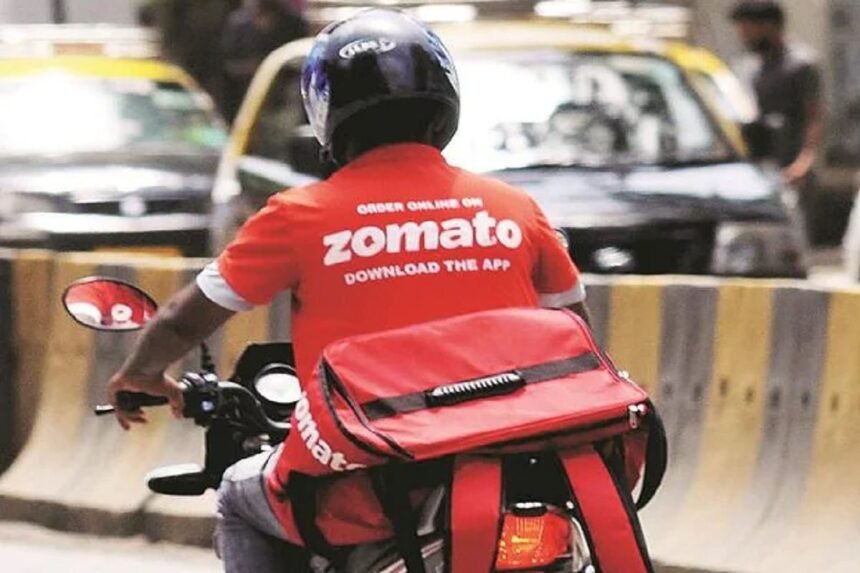In the era of social networking, every action, remark, or engagement possesses the capacity to incite contention and stimulate discussions. Recently, a woman found herself at the center of a heated discussion after her response to a Zomato delivery agent’s late-night tip request went viral online. The incident, which unfolded on Twitter, has raised questions about customer etiquette, service industry norms, and the power dynamics inherent in online interactions.
It all began when a Zomato delivery agent reached out to a customer late at night, requesting a tip for the delivery. The customer, taken aback by the request, responded by questioning the timing and appropriateness of the agent’s message. She expressed her discomfort with being asked for a tip at such a late hour, citing concerns about privacy and boundaries.
However, the customer’s response did not sit well with many netizens, who criticized her for being insensitive and dismissive towards the delivery agent’s livelihood. Some argued that tipping is a common practice in the service industry and that the agent was simply trying to earn a living by providing a service. Others accused the customer of elitism and entitlement, suggesting that she lacked empathy for the challenges faced by gig economy workers.
The incident quickly gained traction on social media, with users expressing a wide range of opinions and emotions. While some sympathized with the customer’s perspective and echoed her concerns about boundaries and privacy, others condemned her response as disrespectful and ungrateful. The debate touched on broader issues of class, privilege, and social responsibility, highlighting the complexities of navigating online interactions in an increasingly interconnected world.
Amid the controversy, Zomato issued a statement reaffirming its commitment to treating delivery partners with respect and dignity. The company emphasized the importance of fair compensation and customer appreciation for the hard work and dedication of its delivery agents. Additionally, Zomato urged customers to consider the challenges faced by delivery partners, especially during late-night shifts, and to show gratitude for their service.
The incident serves as a reminder of the power dynamics at play in customer service interactions, particularly in the context of the gig economy. Delivery agents, often working long hours under challenging conditions, rely on tips to supplement their income and make ends meet. However, customers also have the right to set boundaries and express their preferences regarding tipping practices, especially when it comes to unsolicited requests at odd hours.
Moving forward, the incident prompts reflection on the responsibilities of both customers and service providers in fostering respectful and mutually beneficial relationships. Customers should be mindful of the impact of their words and actions on service workers, while service providers must prioritize the well-being and dignity of their employees. By promoting open dialogue, empathy, and understanding, we can create a more inclusive and equitable society where everyone’s contributions are valued and respected.
The dispute arising from the woman’s reaction to the Zomato delivery agent’s request for a late-night tip underscores the intricacies of customer-service exchanges in the digital era. As we maneuver through the subtleties of online communication and decorum, it is crucial to address such circumstances with empathy, consideration, and a readiness to participate in meaningful conversation. Ultimately, by fostering mutual understanding and empathy, we can build stronger and more inclusive communities where everyone feels valued and appreciated.









